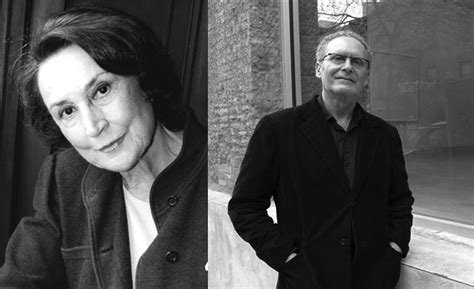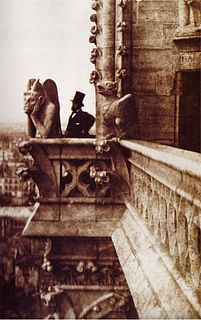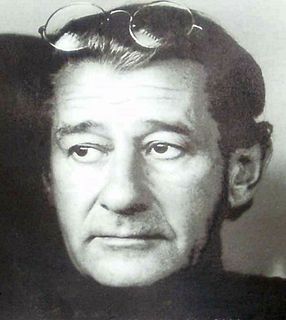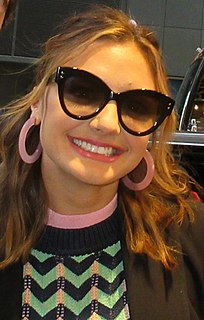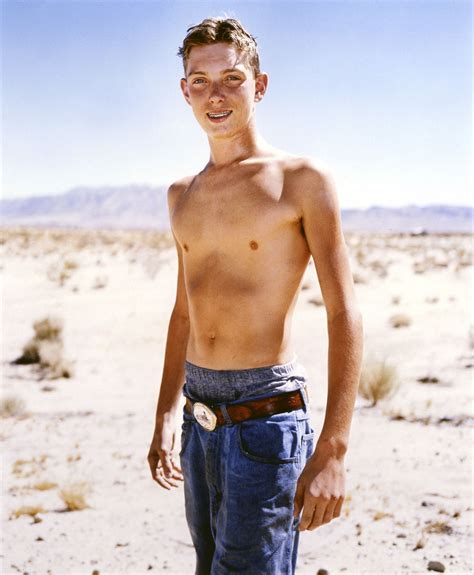A Quote by Cole Sprouse
Photography is a pursuit that allows you to be very hands-on with what you show people of either yourself or the art you want to make, and acting is kind of the exact opposite. You do have a modicum of creative freedom as an actor, but you're still very much a cipher for other people's art.
Related Quotes
Has it led you to the conclusion that photography is an art ? Or it is simply a means of recording ? "I'm glad you asked that. I've been wanting to say this for years. Is cooking an art ? Is talking an art ? Is even painting an art ? It is artfulness that makes art, not the medium itself. Of course photography is an art - when it is in the hands of artists."
Maybe Japan itself is a little similar in that a lot of young people seem to have a little knowledge but not too much depth. I guess my perception of the art specialists in America or in Europe is that the art people are kind of mainly just the art people and that community is self-contained. But in Japan, it mixes with fashion and other things. I'm sure that many authentic art dealers or insiders didn't like the way that we presented our show in this very pop-y, accessible manner - just showing parts of our collections and selling prints and collaborative products.
Fashion is also a form of art, and like every kind of art, it has its own way of expression. In other words, if a dress looks better on a thin girl, on a catwalk, during a very specific moment of time and space then it's represented as part of a "fashion Show". It is after all a "Show" and it has to be understood by people that it is a "show" and not real life.
I left film because I felt that photography was my art. It was something I could do on my own, whereas film was so collaborative. I thought as a photographer I could make something that was artistic and that was mine, and I liked that. And it wasn't until I got back into film and I have very small crews and I could do very tiny filmmaking that wasn't 100 people that I still felt that I was making something artistic as a filmmaker. So, you know, I'm an artist, and whether it's photography or film, I want my voice to be there and I think my voice is very strong in this film.
I collect art on a very modest scale. Most of what I have is photography because I just love it and it makes me happy and it looks good in my home. I also have a pretty big collection of art books mainly, again, on photography. A lot of photography monographs, which is great because with photography, the art itself can be reproduced quite well in book form.
I always felt that my work hadn't much to do with art; my admirations for other art had very little room to show themselves in my work because I hoped that if I concentrated enough the intensity of scrutiny alone would force life into the pictures. I ignored the fact that art, after all, derives from art. Now I realize that this is the case.
I love New York very much, and it was very important for me to spend my 20s in New York City. You're exposed to so much here, whether it's other people or just the grind of it and how hard you have to work. I think it forces you to define yourself: what kind of person do you want to be? What kind of woman do you want to be? And then inevitably, what kind of actress do you want to be?



